Clear all
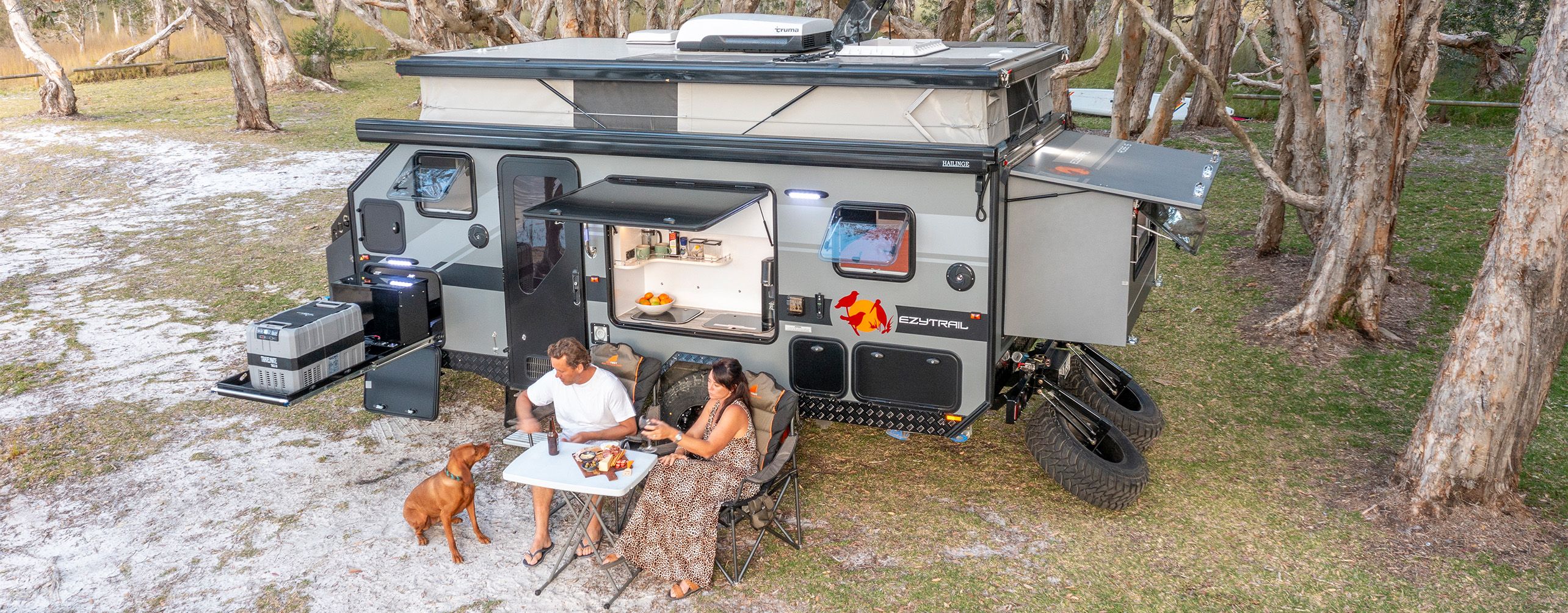
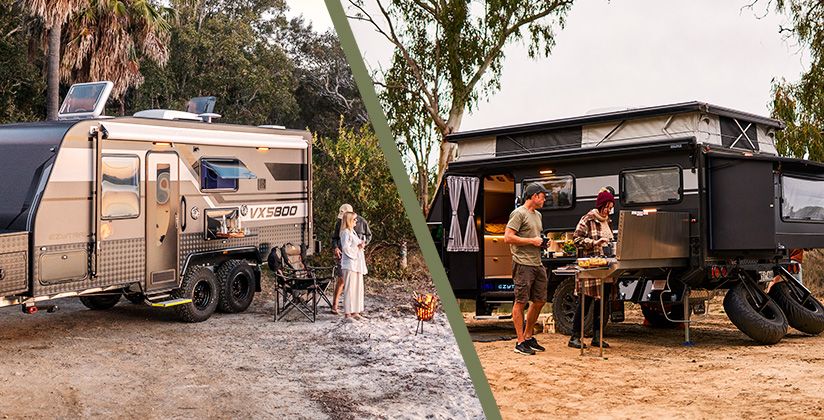
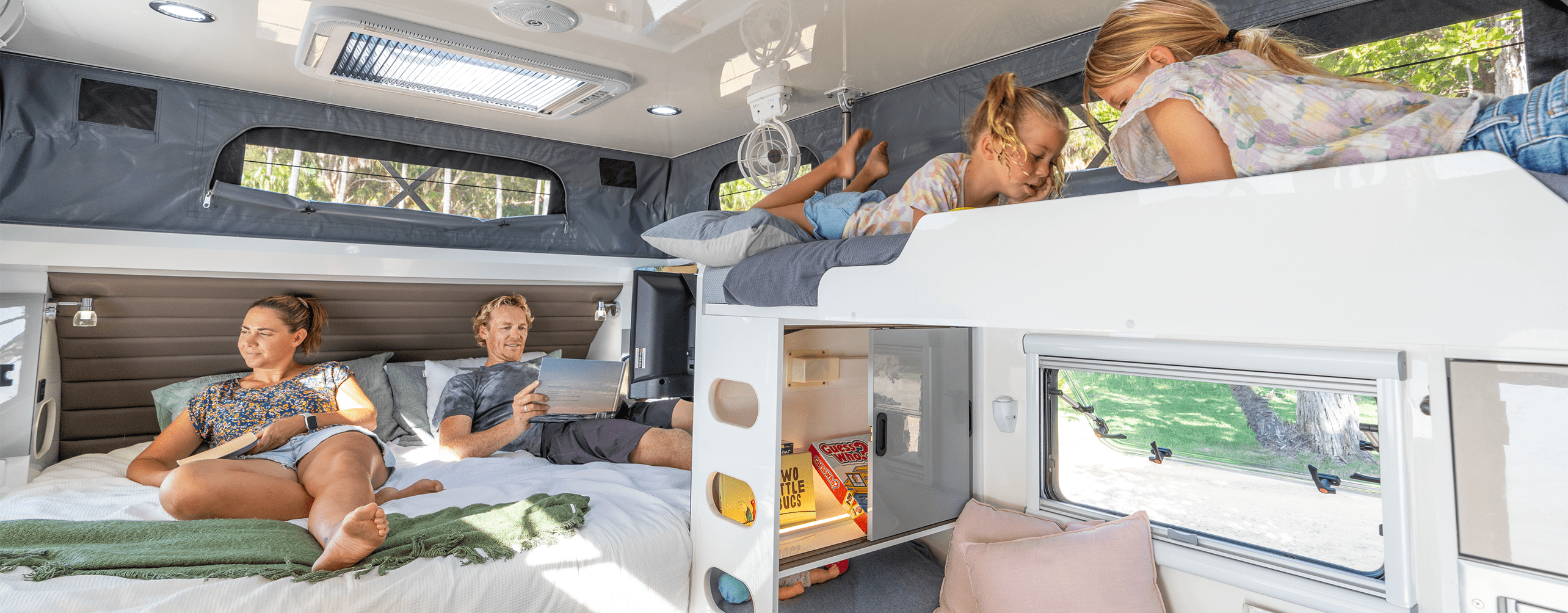
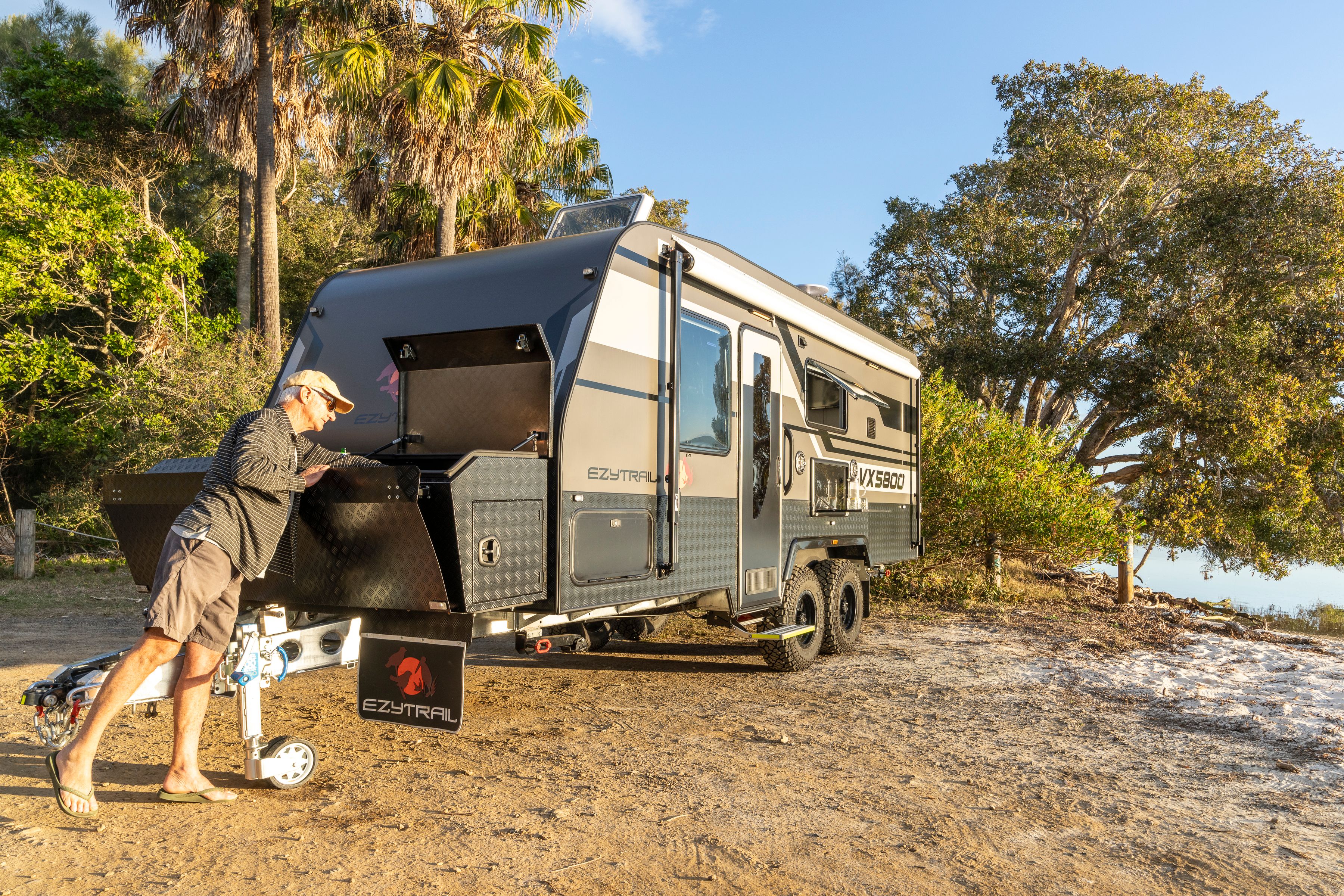
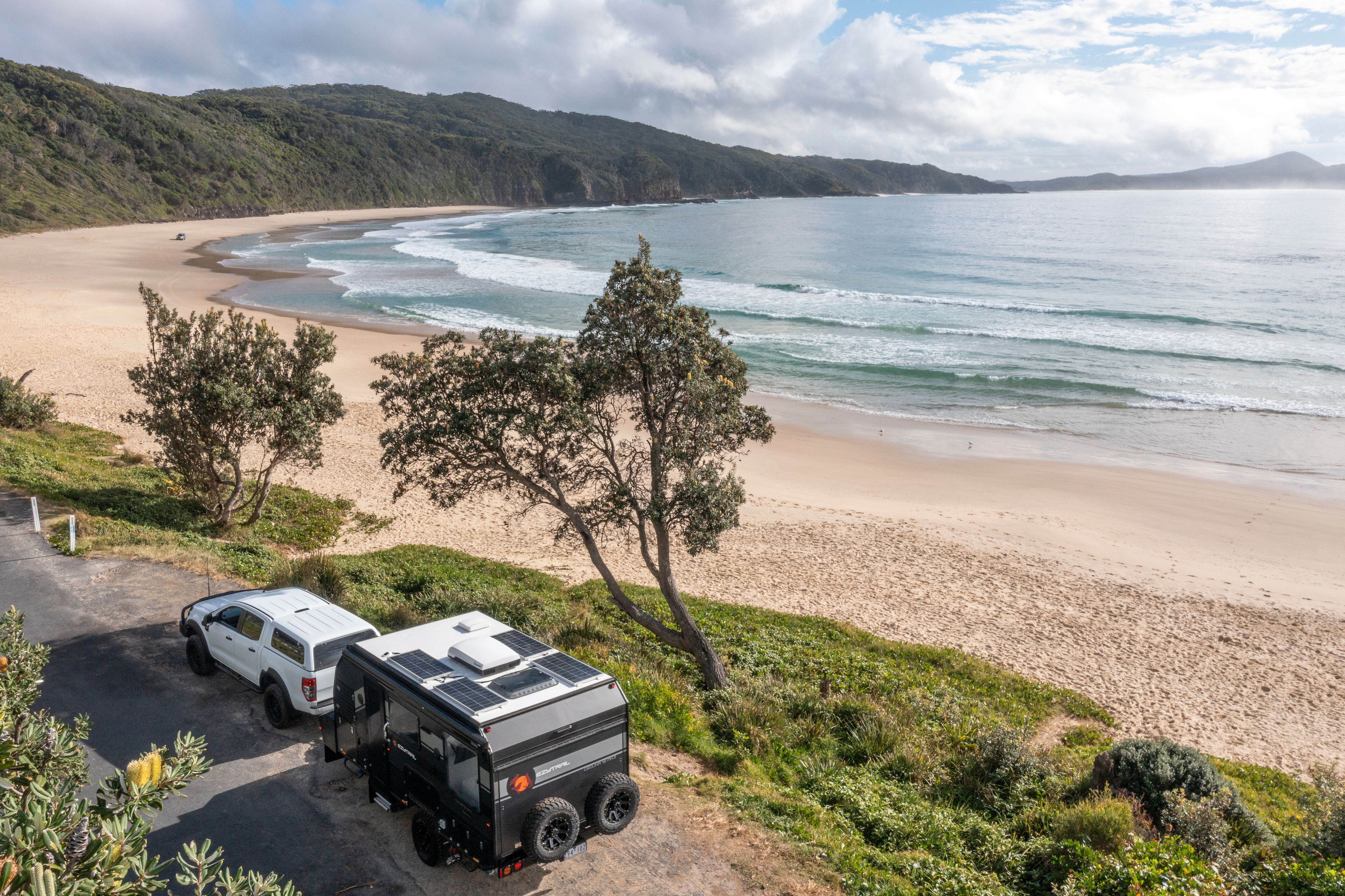

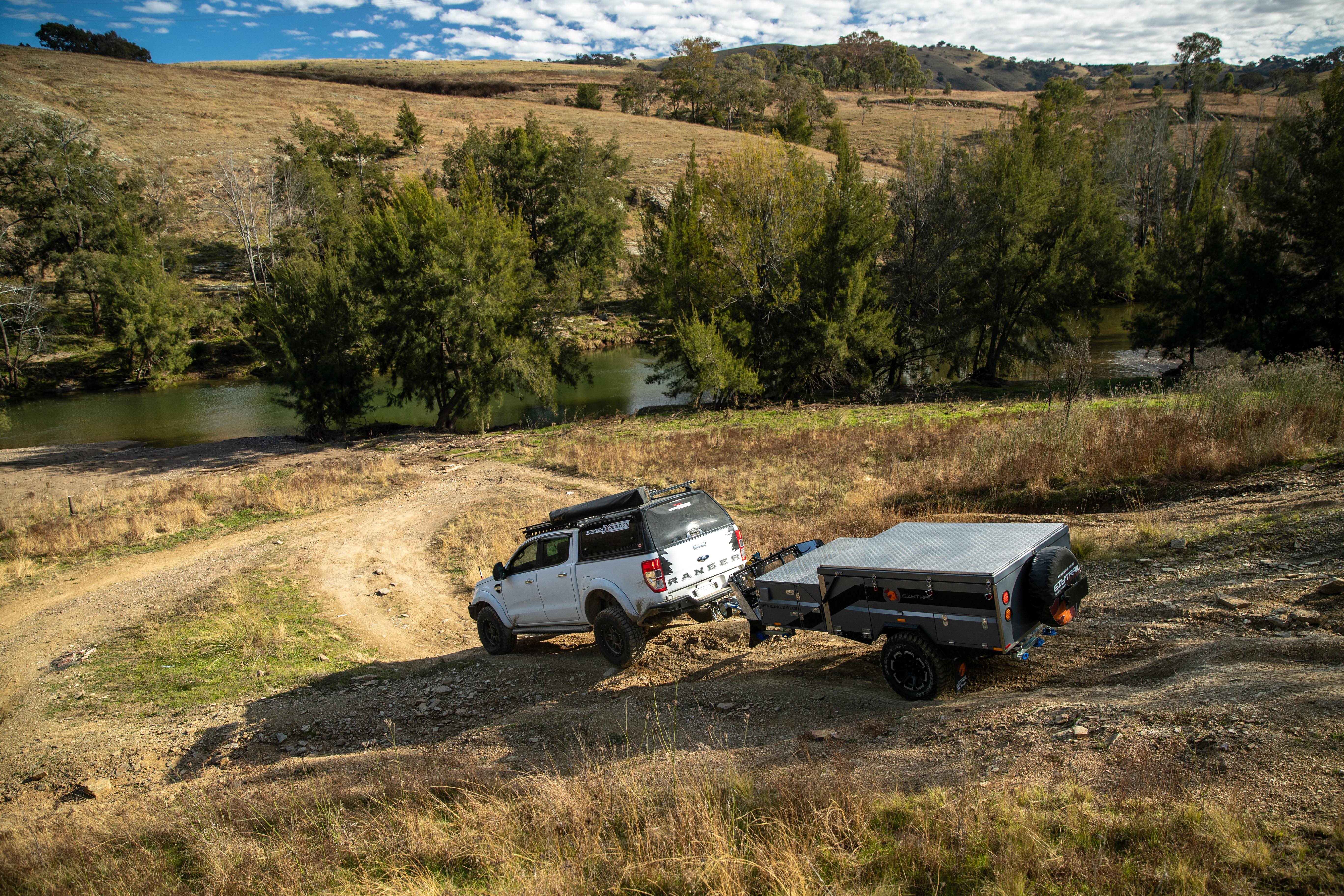
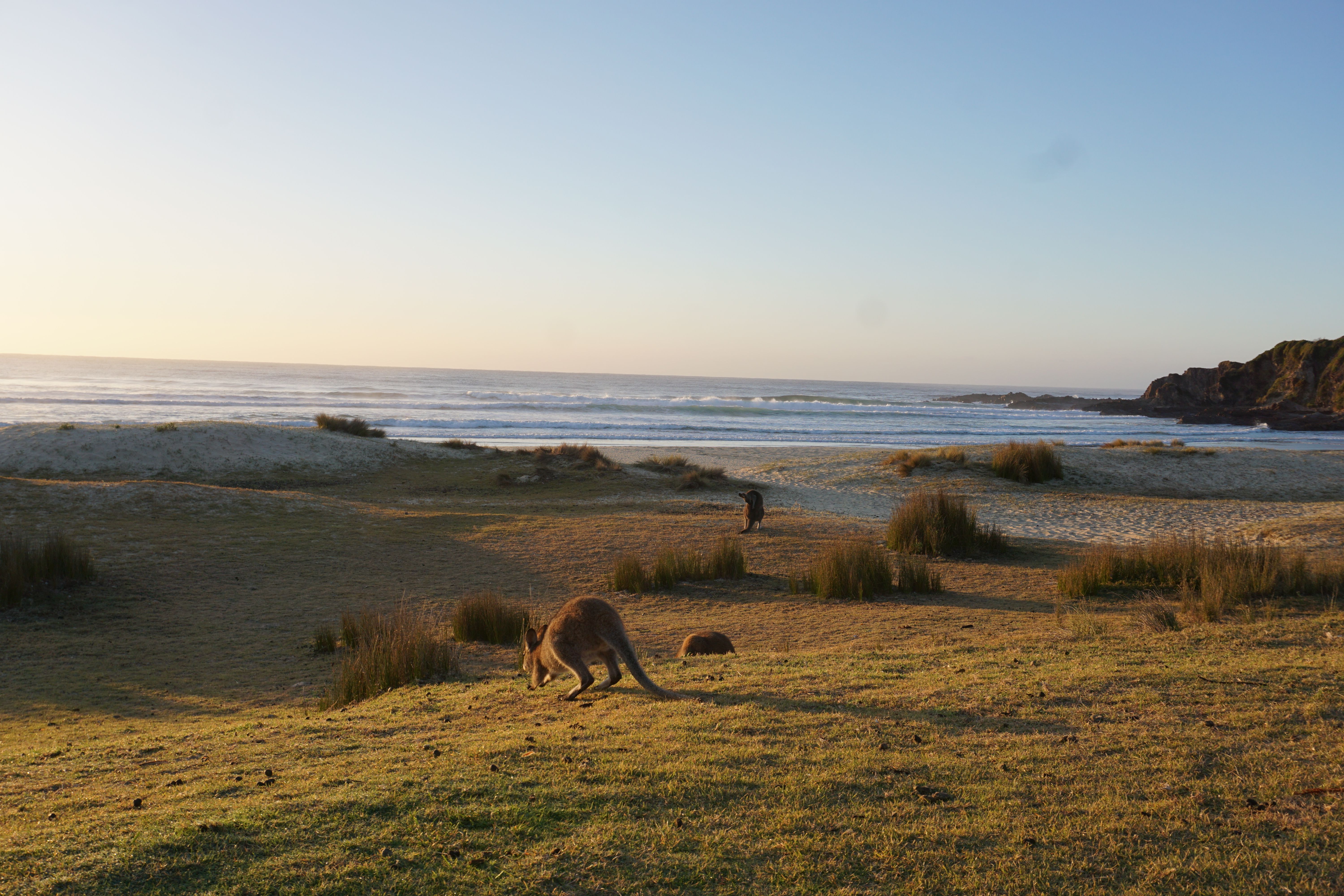
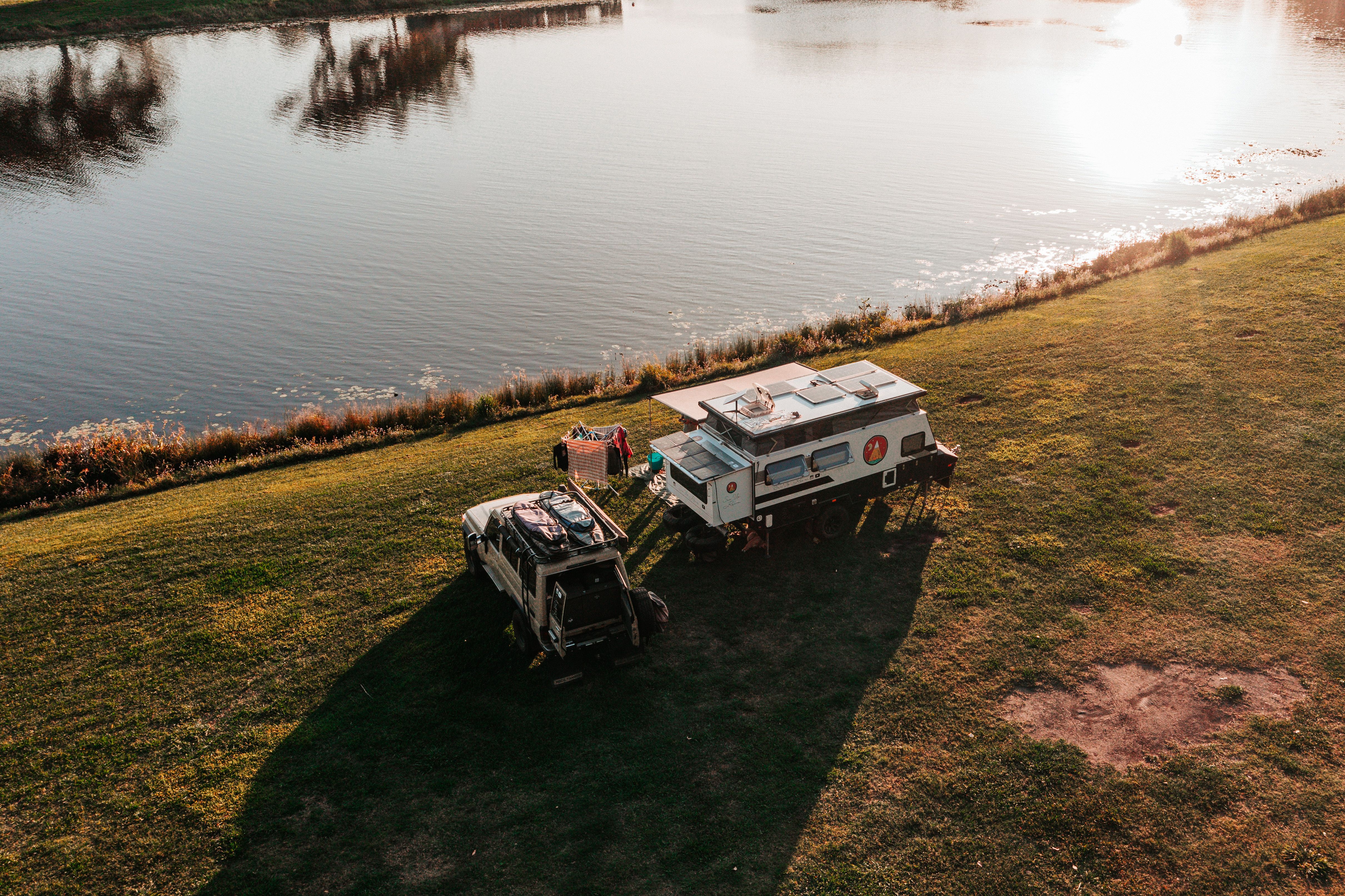
Join our online community
Be part of the Ezytrail family! Join thousands of other members and be part of a like minded community who love getting out there just as much as you.









Be part of the Ezytrail family! Join thousands of other members and be part of a like minded community who love getting out there just as much as you.
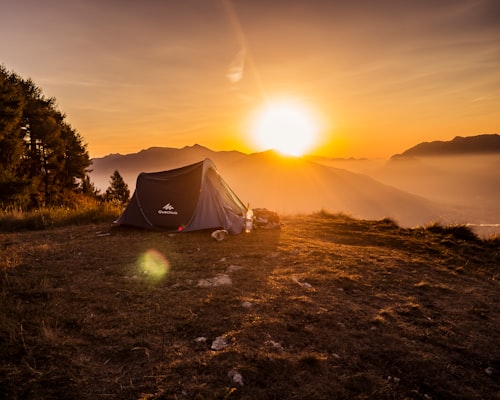
Stay up to date with the latest in Ezytrail news, events, product launches, tradeshows and more.